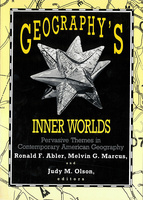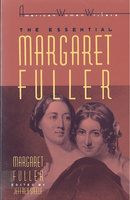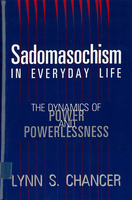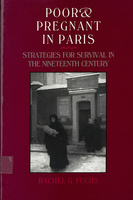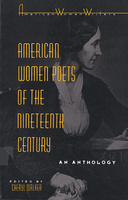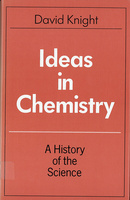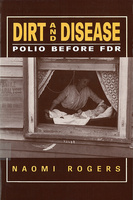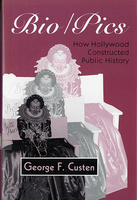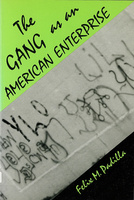The Life of the Admiral Christopher Columbus
by his son Ferdinand
Geography's Inner Worlds
Pervasive Themes in Contemporary American Geography
Twenty-six leading American geographers meditate on the themes that unify contemporary geography. They emphasize the concepts and methods that run through all geography's sub-disciplines and give it a distinctive place among both the natural and social sciences.
The Essential Margaret Fuller by Margaret Fuller
Sadomasochism in Everyday Life
The Dynamics of Power and Powerlessness
Poor and Pregnant in Paris
Strategies for Survival in the Nineteenth Century
Rachel Fuchs shows how poor urban women in Paris negotiated their environment, and in some respects helped shape it, in their attempt to cope with their problems of poverty and pregnancy. She reveals who the women were and provides insight into the nature of their work and living arrangements. With dramatic detail, and drawing on actual court testimonies, Fuchs portrays poor women's childbirth experiences, their use of charity and welfare, and their recourse to abortion and infanticide as desperate alternatives to motherhood.
Fuchs also provides a comprehensive description of philanthropic and welfare institutions and outlines the relationship between the developing welfare state and official conceptions of womanhood. She traces the evolution of a new morality among policymakers in which secular views, medical hygiene, and a new focus on the protection of children replaced religious morality as a driving force in policy formation.
Combining social, intellectual, and medical history, this study of poor mothers in nineteenth-century society illuminates both class and gender relations in Paris, and illustrates the connection between social policy and the way ordinary women lived their lives.
American Women Poets of the Nineteenth Century
Ideas in Chemistry
A History of the Science
In this unconventional history of chemistry, David Knight takes the refreshing view that the science has "its glorious future behind it." Today, chemistry is primarily a service science. In its very long history, though, chemistry has taken on very different roles. It has been the esoteric preoccupation of alchemists, the source of mechanist views of matter, the cornerstone of all other sciences and medicine, an archetype of experimental science, a science of revolutions, a science that imposed order on the material world, and a partner for physics, biology, and technology.


